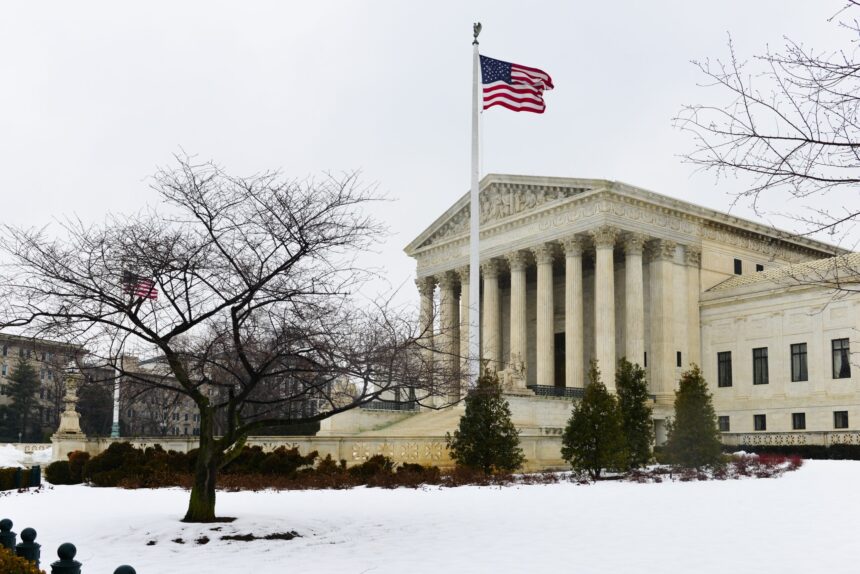The Supreme Court recently made a decision regarding Tennessee’s ban on providing gender-affirming care for minors. In a 6-3 ruling, the court upheld the law, disagreeing with the Biden administration’s argument that it constituted sex-based discrimination. The law prohibits interventions such as cross-sex hormones and puberty blockers for minors experiencing gender dysphoria.
Chief Justice John Roberts wrote the majority opinion, stating that the law classified individuals based on age rather than sex. However, dissenting Justice Sonia Sotomayor argued that the law did classify based on sex and transgender status, warranting a higher level of scrutiny.
The case prompted a reevaluation of the court’s 2020 decision in Bostock v. Clayton County, which held that firing individuals for being gay or transgender violated the Civil Rights Act. The Biden administration tried to apply this reasoning to Tennessee’s law, but the majority disagreed, stating that the two cases were not directly comparable.
The law, known as Senate Bill 1, prohibits health care providers from administering treatments that enable minors to identify with a gender inconsistent with their sex. While the law also includes a provision banning surgical procedures, this was not at issue in the Supreme Court’s review.
The decision was complex, with Justice Samuel Alito partially joining the majority and filing a separate concurrence. Justice Elena Kagan also issued a partial dissent along with a dissent of her own. Justice Amy Coney Barrett explained in a separate concurrence why she believed transgender status did not constitute a “suspect class.”
Attorney General Pam Bondi praised the ruling, stating that it protected vulnerable children from harmful treatments. The American Civil Liberties Union (ACLU) and other organizations criticized the decision, calling it a loss for transgender rights.
Ultimately, the Supreme Court’s decision sets a precedent for similar cases in lower courts. The debate surrounding gender-affirming care for minors continues to be a contentious issue, with supporters and opponents voicing strong opinions on the matter.







